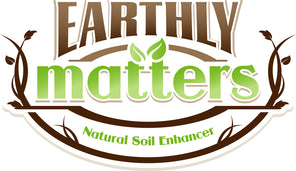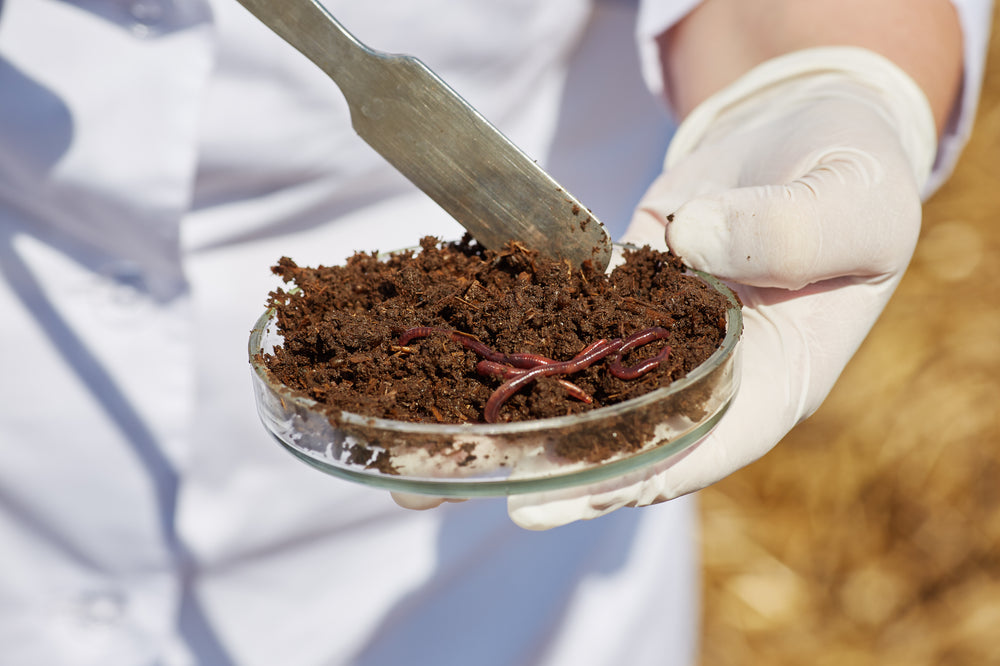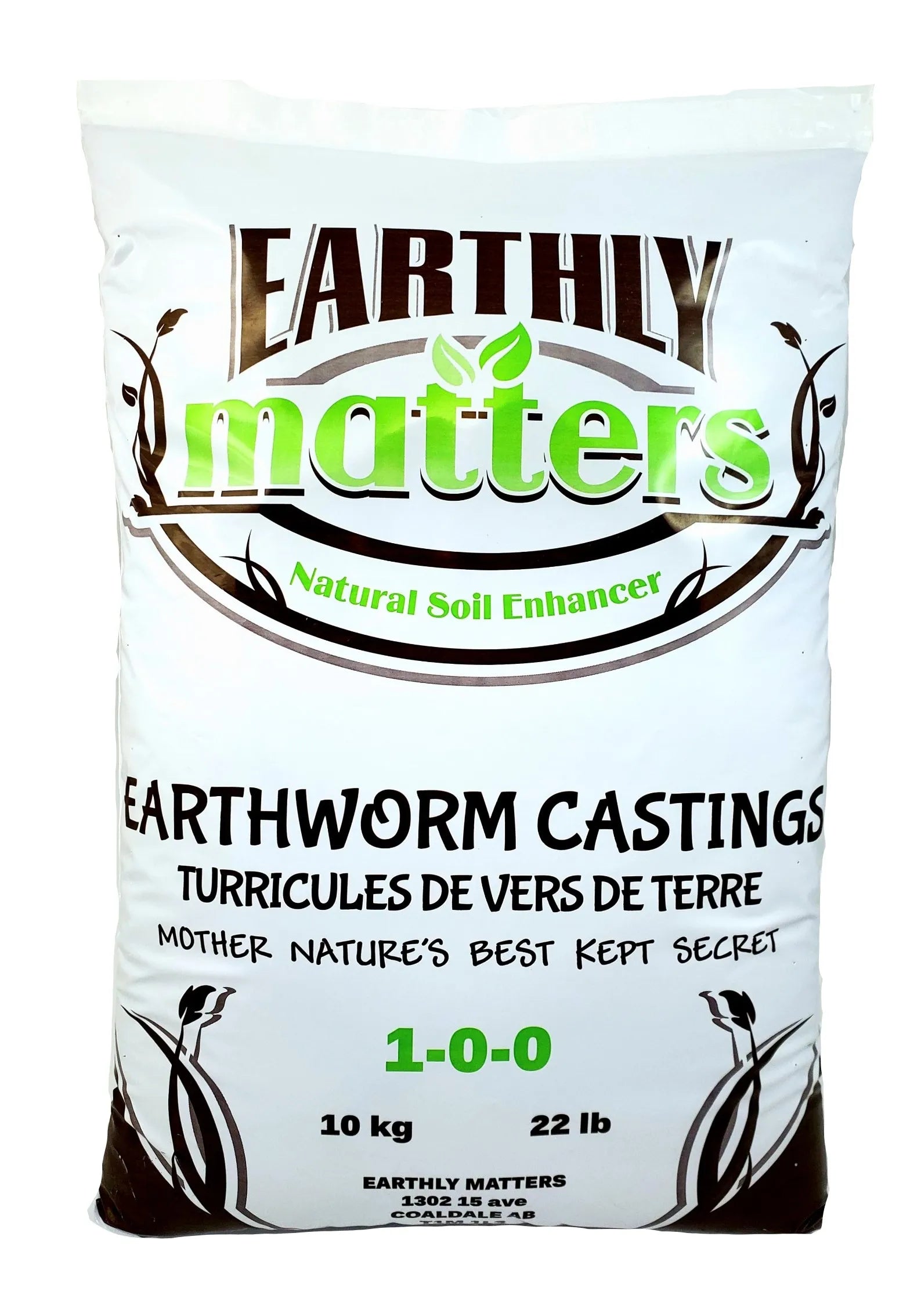Introduction to Vermiculture
Vermiculture, a fascinating blend of biology and agriculture, is the process of using worms to decompose organic food waste, converting it into a rich, nutrient-dense material known as worm castings or vermicompost. This natural method of composting is gaining popularity in both small-scale gardening and large-scale farming due to its numerous environmental and agricultural benefits.
The Role of Worms in Soil Health
Worms play an integral part in maintaining soil health. As they consume organic material, they produce castings packed with nutrients. These castings not only feed the plants but also enhance the structure of the soil, improving its ability to retain water. Moreover, the action of worms burrowing through the soil helps to aerate it, providing much-needed oxygen for plant roots and beneficial soil microorganisms.
Key Nutrients Provided by Worm Castings
Worm castings are a powerhouse of essential plant nutrients. They are rich in nitrogen, phosphorus, and potassium, the primary nutrients required for plant growth. Additionally, they contain an array of micronutrients such as calcium, magnesium, and trace elements. Even more crucially, these nutrients are in a form that is readily available for plant uptake, meaning plants can benefit from them immediately.
Another unique feature of worm castings is the presence of beneficial bacteria and fungi, which aid in the decomposition of organic matter and the suppression of plant diseases.
How Earthly Matters Applies Vermiculture in Its Process
At Earthly Matters, we embrace the science of vermiculture and incorporate it into our core mission. We begin with a careful selection of worms, providing them with quality organic feed to produce the highest performance product possible. Our worm castings are carefully collected, screened, and packaged, maintaining a strict focus on quality and consistency.
We leverage the power of these worm castings to develop natural soil enhancers that regenerate the soil's natural ecosystem, leading to healthier and more nutritious crops. By applying our products to your soil, you can reap the benefits of our carefully formulated blends, designed to deliver high crop performance year after year.
Conclusion: Why Vermiculture is Essential for Sustainable Agriculture
Vermiculture represents a natural, sustainable, and highly effective approach to soil management and crop nutrition. As we face the challenges of soil degradation and the need for more sustainable agricultural practices, the role of vermiculture becomes increasingly significant.
At Earthly Matters, we're committed to harnessing the power of worms to drive agricultural innovation. We believe in empowering individuals with the knowledge and tools they need to make a positive environmental impact while achieving high crop performance. Join us in our journey to nurture the soil, nourish the plants, and care for our planet through the science of vermiculture.



